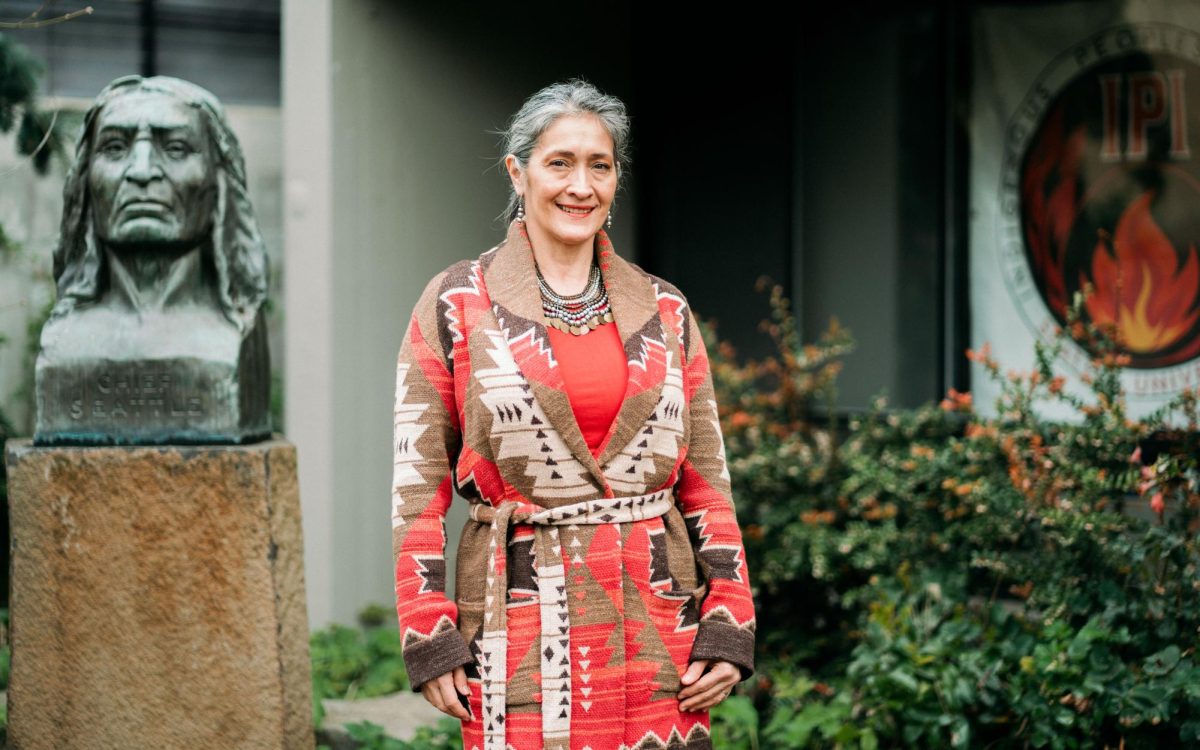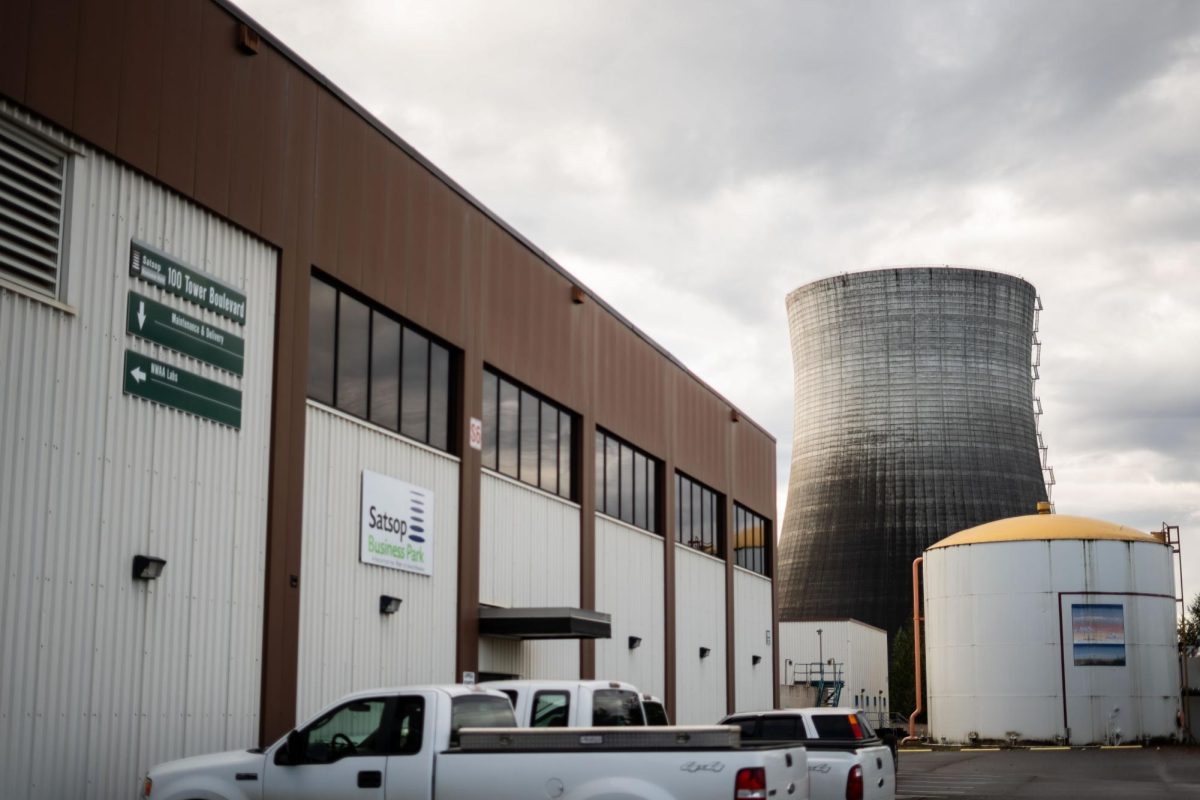Pierre Teilhard de Chardin, a French philosopher and Jesuit priest, once said, “If we don’t enter the future together, we won’t enter it at all.” Franciscan sister and doctor of Pharmacology Ilia Delio has one piece of advice for us to achieve this goal: Slow down.
On Oct.15 Delio will host a forum discussing Pope Francis’s papal encyclical “Laudato Si’” and its implications for Seattle University students as young adults and world citizens.
The forum is called “Are We at Home in the Cosmos?” and Delio believes it is essential for students to attend. Although this is not the first time a pope has released an encyclical about environmental degradation, it is getting a lot more attention than past attempts to bring science and religion together to help the environment. Proponents believe that this particular encyclical has larger implications for world leaders in areas like politics, religion and economics.
Delio said she is excited to come to Seattle U to have this conversation and to guide her audience towards a better understanding of humanity’s place in the universe and one’s roles within his or her respective community. The event is important, Delio said, “Because this is your future.”
The next couple of generations are inheriting a degraded environment and will have to work together to make do. Moreover, those in power now will have to start conversations in a global setting about halting the deterioration of the environment. Delio explained that the goal of events like this should be to have students become better equipped to hold such conversations with
grace and effectiveness.
Philosophy professor Jason Wirth—who will speak at the event as well—hopes that members of the community will not only take away clarity on the subject of the environment and the significance of this papal encyclical, but will also become inspired to do something about the problems within the Seattle U community. He advocates for grassroots conversations about capitalism and its role in our world, and for facing this environmental issue.
Professor Wirth will facilitate interfaith dialogue and provide the audience with a Buddhist perspective on the issue. He said that figuring out how we can have an open conversation about the issues facing our planet’s environment today is a step towards solving the problem.
Attendees can expect to hear a lot about St. Francis of Assisi and how humans have lost the ability to cooperate with the environment. Wirth explained that part of the reason people can get so complacent about the state of affairs is because they are caught up in their own lives. This is problematic when people lose sight of where he or she comes from, but may also be helpful as a jumping off point to the conversation.
“If you value your life, you think through about what it is that sustains your life, that which sustains all life, which is the earth itself,” Wirth said.
This event is not strictly an interfaith conversation. In light of the papal encyclical, it has been framed that way, but there are social, political and economic roots to this discussion that will likely be talked about as well. Wirth pointed out that capitalism has played a systematic role in the degradation of the environment and our current political situation over the years.
“This is the very earth that by which we were a part of that biodiversity,” Wirth said. “It allowed for us to have any kind of life at all. The very biodiversity that we cannot recognize, except as it is viable to us in our markets.”
Delio pointed out the necessity to synthesize science and religion again, as they are not inherently mutually exclusive. She said it is possible to have both religion and science guiding conversations and actions about the environment in a way that exhibits skillful means and uplifts the populations of the earth.
“How can we say that we are about the people in the world if we’re not taking care of the world itself—where we live?” said junior photography major Elisa Pickett.
This forum is a part of a series at Seattle U called “Care for the Earth, Care for the Poor.” It is the first of three forums to take place discussing the encyclical Laudato Si’ this school year.
The panel begins at 7 p.m. on Thursday, Oct. 15 in Pigott Auditorium. Admission is free and all are encouraged to join the conversation.
The editor can be reached at [email protected]










